SEO For Ecommerce & Shopify Websites: Boost Your Rankings On Google
If you run an ecommerce website on Shopify, or online store on a similar platform, you’re probably thinking that SEO is too complicated to be worth the effort. After all, there are so many possible factors that could be affecting your rankings that it seems downright impossible to tell what’s working and what isn’t.
But here’s the good news about SEO for Shopify and eCommerce websites: it doesn’t have to be this way.
In fact, improving your search engine rankings for eCommerce websites doesn’t need to be difficult. There are hundreds of ranking factors that Google considers when deciding how to position your website in the search results. However, only a few of those factors actually have a measurable impact on your rankings.
And in this guide, we’re going to show you exactly how to optimise your Shopify website, or online store to get to the top of Google. So if you want higher rankings and more organic traffic for your ecommerce website, then you’ll love this guide.
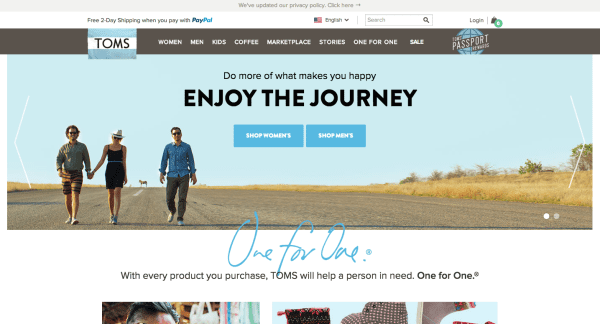

What Is SEO?
Search engine optimisation (SEO) is a set of processes that are aimed at improving the volume of traffic to an information site from search engines by enhancing the content and performance of a website. It aims to create websites that will rank highly in organic results generated by search engines. This type of organic ranking is more important than it sounds as it improves traffic volume directly, by making your company easier to find in search results; it also increases trust and brand awareness, as visitors recognise your company name more often.
If you run an ecommerce website or online store, SEO could be your secret weapon. Really.
The thing is, there are so many possible factors that could be affecting your rankings that it seems downright impossible to tell what’s working and what isn’t.
But here’s the thing: you don’t need to know all those factors. Instead, you just need to know how to optimise a few of them, and then you can see incredible results.


Ecommerce SEO: Why Is It So Important?
A trend we’ve been noticing at Merge Digital is that more and more of our clients have been using the Shopify platform.
We’ve worked on many Shopify sites and have accumulated a great deal of knowledge on optimising Shopify-based websites. We wanted to share that knowledge by outlining some of the most common SEO improvements we work on with our clients. This guide should provide you with an overview of our typical Shopify SEO strategy.
What Are The Benefits Of SEO For Ecommerce Sites?
When an online store’s brand name stands out in search results, it builds credibility with potential patients by showcasing a strong lead generation. Search engine optimisation (SEO) is a great way to increase website traffic, generate more leads and build awareness, while also increasing sales.
When you rank higher in Google, more people will have a chance to find your website, learn more about what you offer, and contact you to ultimately become a customer.
SEO will help you to generate more leads, which ultimately will lead to more sales. This is because the higher you rank in search results, the more people who will be viewing your site and consequently, the more leads you’ll receive.
Let’s take a look at the top benefits of SEO for Shopify websites and ecommerce stores.
- Higher keyword rankings
- More qualified traffic
- More leads and enquiries for your business
- Better potential to close deals and win business
- More direct bookings
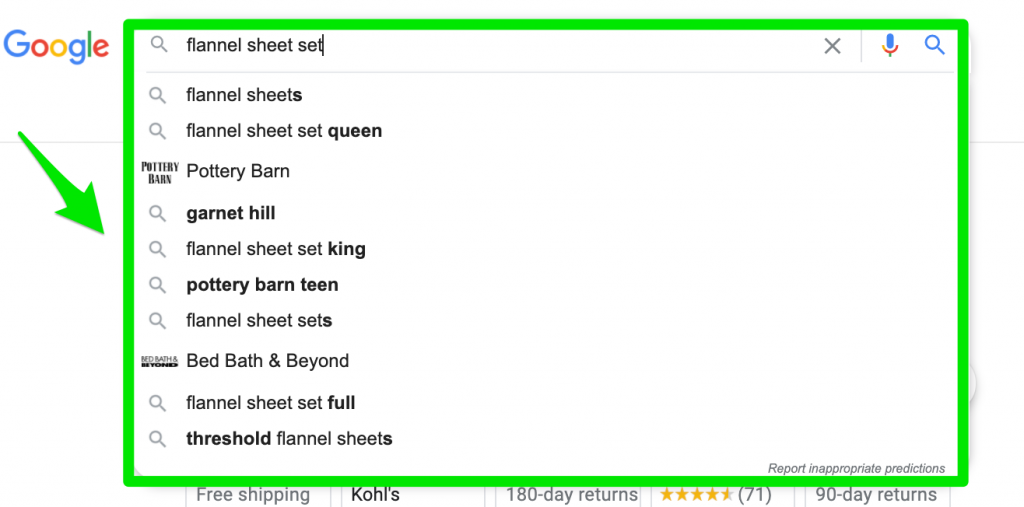

#1 Ecommerce SEO Tip: Keyword Research
Attracting customers to your website requires that you select the right keywords. Once you have found your perfect keywords, focus on creating content that is well-written and informative. Achieving a high ranking on the search engines requires an SEO strategy that encompasses both onsite and offsite strategies for achieving high rankings on the major search engines.
Keyword research tools like KeywordsFX, Keyword Tool, and Answer the Public are great because they are based on actual search data. And they can help you uncover keywords and phrases people search online to find your practice.
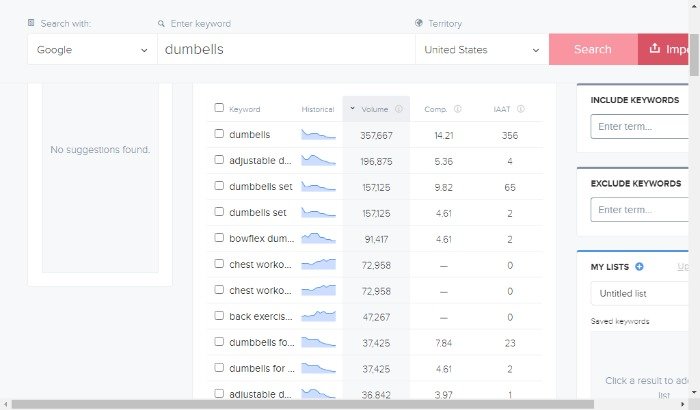

#2 Ecommerce SEO Tip: Create Your SEO Strategy
A well-crafted content strategy can help you drive traffic to your business’s website. This SEO content strategy template includes strategies, templates and samples of content that may help you in your own marketing efforts.
If you want your site to succeed, you need to be thinking about two things:
- creating and publishing unique, helpful content
- positioning your company as a leader in your field.
If you have a blog, make sure to update it regularly with industry news, helpful information, and the latest company news. Giving readers the inside scoop is an effective way to keep them engaged on your site and give them something interesting to look at.
#3 Ecommerce SEO Tip: Place Keywords In Headings
A great headline will capture your visitors’ attention and convince them to read more. The words you use before and after the headline should appeal to your target audience. Keywords that are relevant to your niche should be sprinkled throughout the body of the post in order to attract search engines and help encourage clicks to your site.
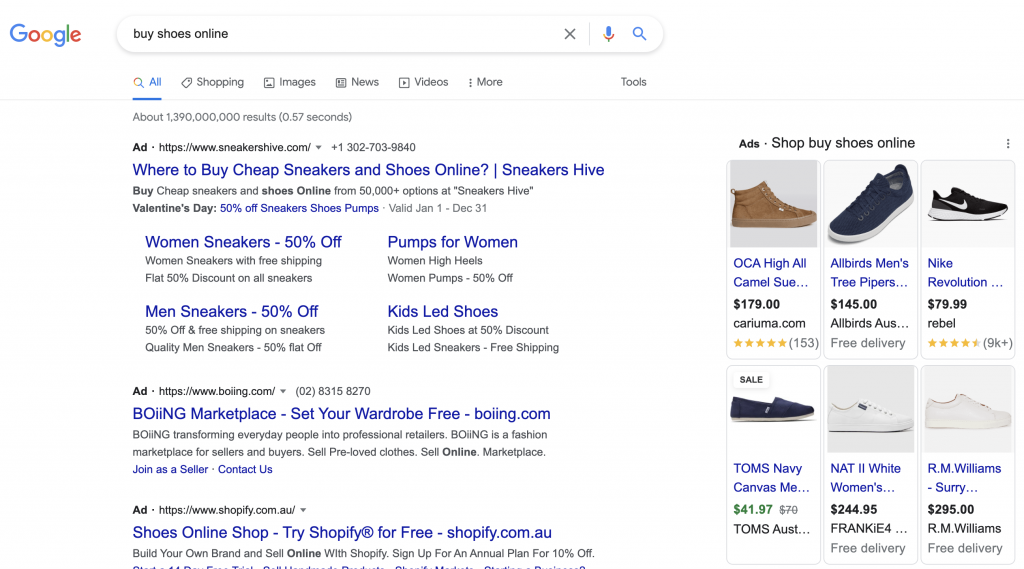

#4 Ecommerce SEO Tip: Optimise For Local Search
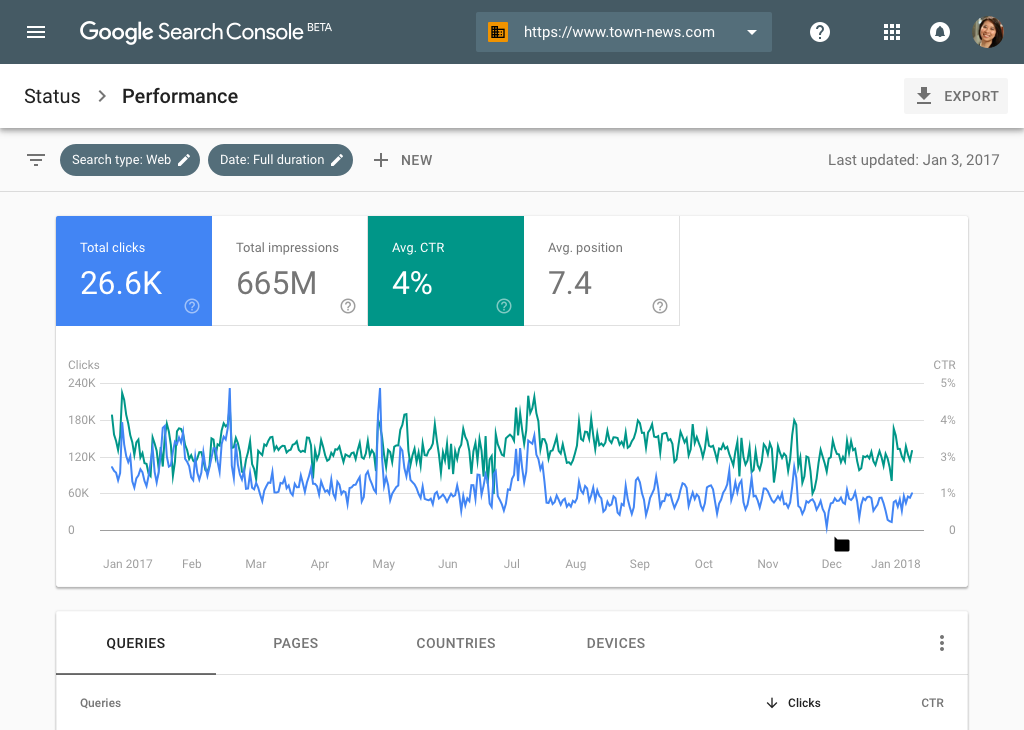

#5 Ecommerce SEO Tip: Setup Google Webmaster Tools
Google Webmaster Tools can help you monitor the status of your website on search engines like Bing and Yahoo, and even gives you the direct IP address. This helps you fix technical issues or check if your website seems to have slowed down or a page is not loading properly. Use this tool if you’re having any technical issues with your site.
Visit Google Search Console
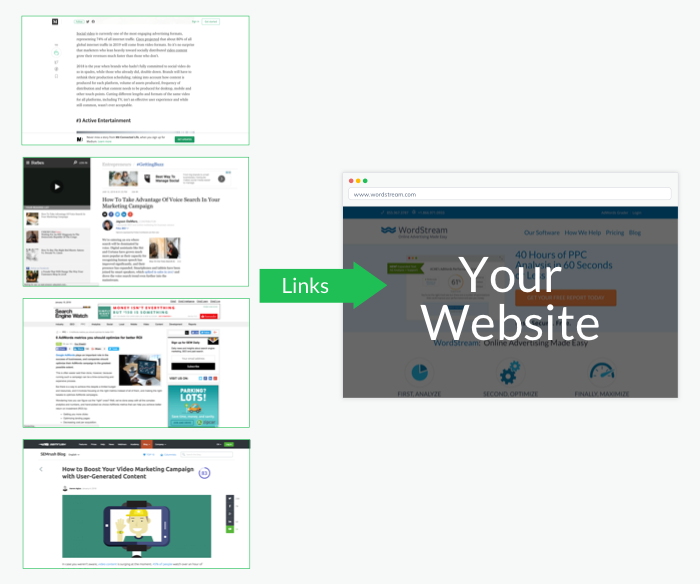

#6 Ecommerce SEO Tip: Create Quality Backlinks
Search engine optimisation for Ecommerce Websites is a process used to help locate and follow backlinks. It involves identifying relevant search terms and taking advantage of them, in order to bring additional traffic to your site. Link building has proven itself as an effective way to increase traffic and authority on online marketplaces such as eBay and Amazon. It also works with blogs, e-commerce websites, and other businesses seeking exposure for their products or services.
SEO For Ecommerce Websites Requires A Specialised Approach
There are more and more Ecommerce Websites and contractors chasing the same clients for the same jobs. Therefore, it’s essential to get noticed and to stay in front of your competitors.
As a marketing channel, SEO can help you outrank your competitors in the search engines. To do so requires you to partner with us to create a great SEO campaign for your business. This is what we’ve done for hundreds of businesses across Australia over the past 15 years.
Your competitors are growing, and more and more of them are chasing the same jobs as you. This is why it’s important to have your SEO strategy in place.
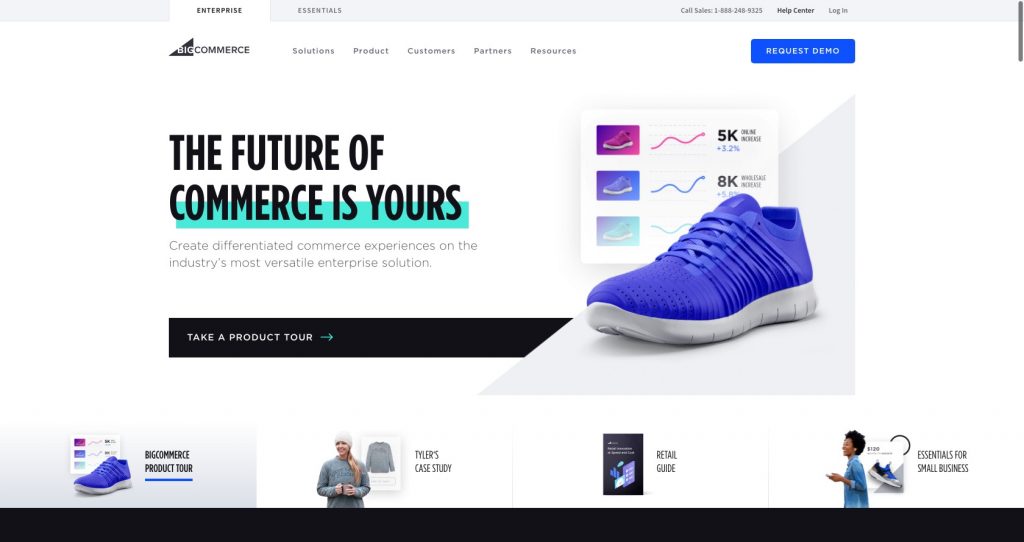

How Long Does It Take To Get Results From SEO?
SEO isn’t something that happens overnight. As with many marketing tactics, SEO often takes months to achieve results. Often times, weeks are required to build enough momentum to rank well within search engines. It’s important not to get frustrated or give up too soon. If you’ve got a project or marketing plan in place, stick with it and it’ll pay off!
The sooner you launch your SEO campaign, the better. Our proprietary technology and expert experience in digital marketing will help ensure that your site ranks in search engines like Google and Bing. We also make it a point to continually and consistently tweak and optimise your optimisation efforts in order to ensure the best placement possible.
Our professional service begins with a free consultation where we get to know you, your business, and your goals. The next step is for us to listen to your business needs and discuss with you all of the possibilities for your site. Following this discussion our team of experts will develop a site that fits your budget, expectations, and goals.
What Work Is Involved In SEO For Ecommerce Websites?
Search engine optimisation is a process, not a one-time job. This means you should expect to receive regular reports from us, detailing how your SEO project is going, and what your next steps will be. In addition to the services mentioned above, here are some of the included Search engine optimisation services:
- Keyword recommendations
- Local optimisation report
- Onpage SEO Report
- SEO Implementation
- Content Creation
- Regular reporting


Need Help With Ecommerce SEO For Your Business In Australia?
- Ecommerce SEO Brisbane
- Ecommerce SEO Sydney
- Ecommerce SEO Melbourne
- Ecommerce SEO Perth
- Ecommerce SEO Gold Coast







